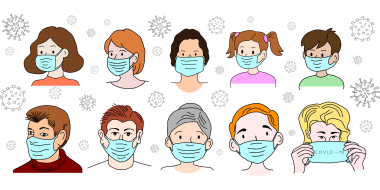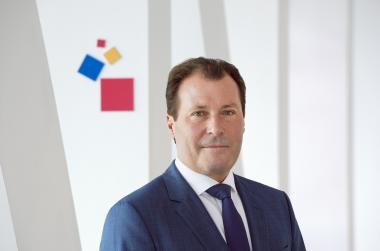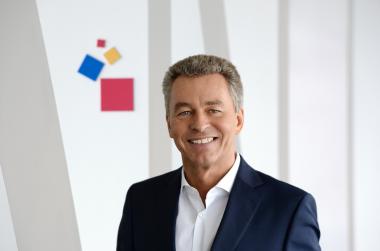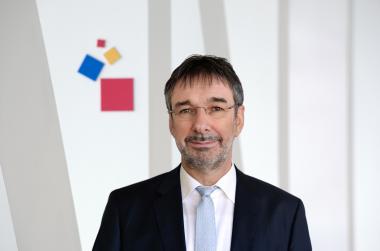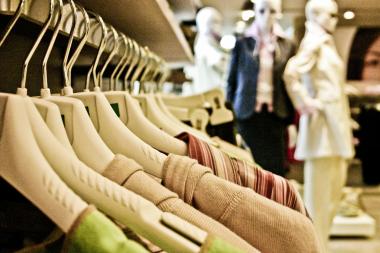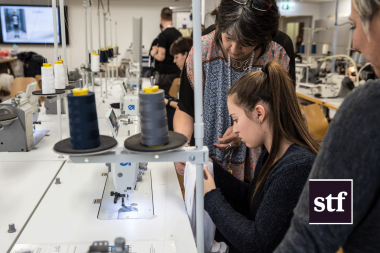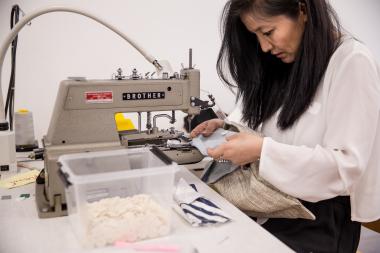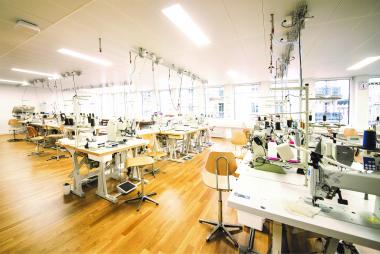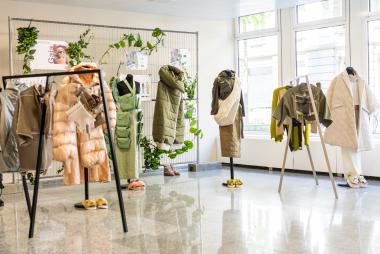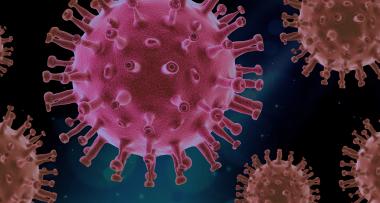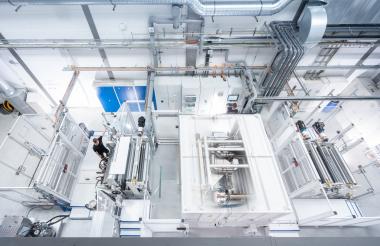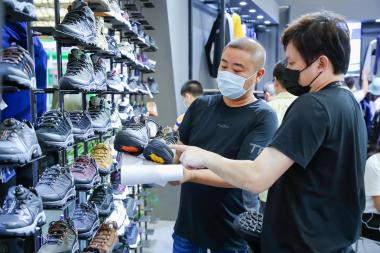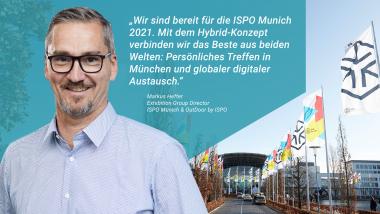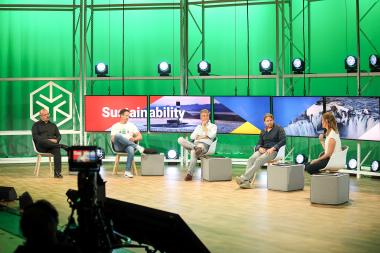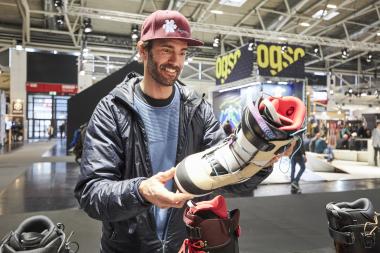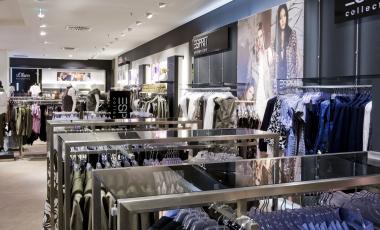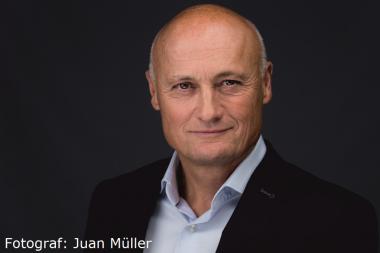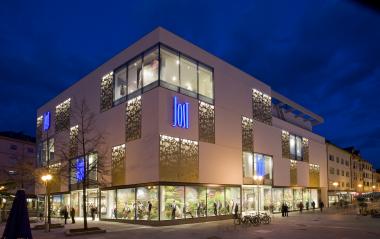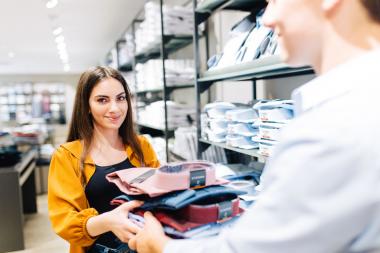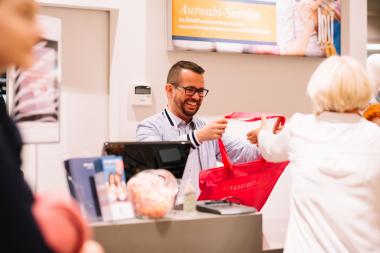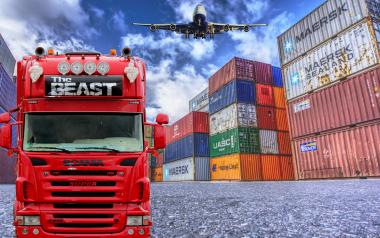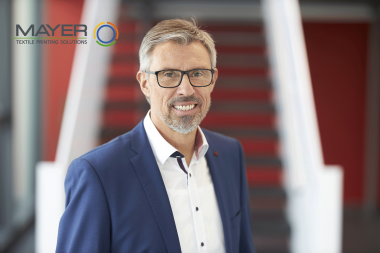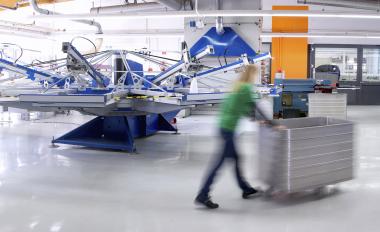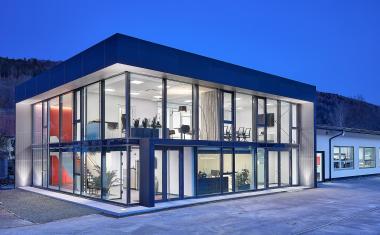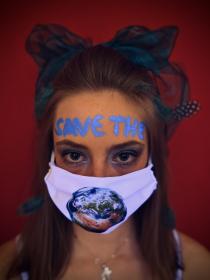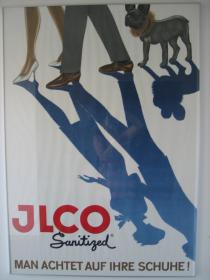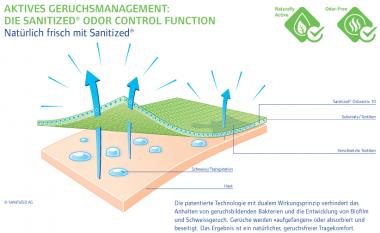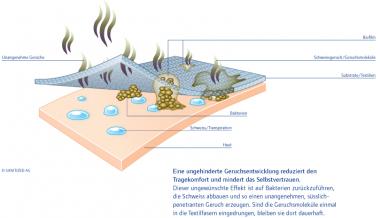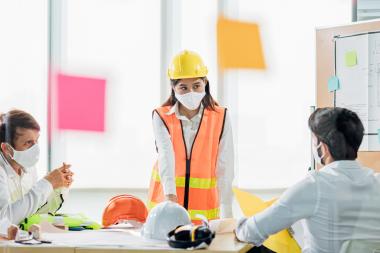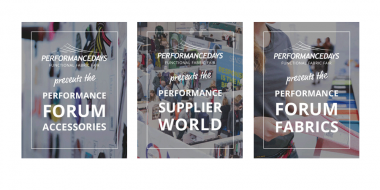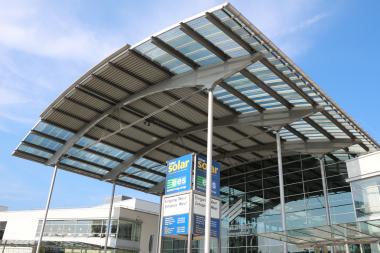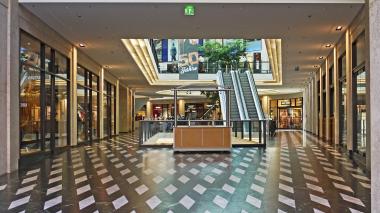ISPO Shanghai: Record number of visitors in new location
With a record of nearly 21,000 specialist visitors as well as 350 brands from 200 exhibiting companies, ISPO Shanghai took place as a one-off happening in the Nanjing International Exhibition Center (NIEC) from 29 to 31 July, 2022.
ISPO Shanghai presented the latest trends and innovative products from the areas of camping lifestyle, outdoors and running as well as health and fitness, watersports, climbing, surfing, boxing and yoga in the Nanjing International Exhibition Center (NIEC). The key topics of textiles and technology, sports design, and e-commerce were newly integrated, further strengthening ISPO Shanghai’s position as one of the most important sports and lifestyle trade fairs in the Asia-Pacific region.
Due to the difficult pandemic situation, the meeting of the Asian sports and outdoors community at ISPO Shanghai 2022 took place in Nanjing for one time only. It achieved a new record with 21,000 specialist visitors, reflecting the industry’s determination to present and develop sporting goods and related industries together even in difficult times. For comparison, 17,800 visitors came in 2020, and 19,000 the following year. The many sports professionals and sports fans, as well as up-and-coming sports and free-time trends such as camping, surfing and frisbee, demonstrated the numerous possibilities in the sports market and underlined the fact that even the outdoors sector is booming following the coronavirus pandemic.
The industry discussed innovations and new opportunities at the five big topic forums – namely the summit for the sustainable development of the outdoors industry in the Asia-Pacific region, the trend forum for sports fashion, the innovation salon for the outdoor sports industry, the summit for cross-border e-commerce in the Chinese sporting goods industry and for fitness and rehabilitation.
The main focus was on the topic of sustainability. ISPO has been driving this topic for years: Starting with the “Brands for Good” initiative in 2018, ISPO offers not only a platform for brands’ initiatives on sustainable development, but also actively participates in the discussion about sustainable products and their production.
Tobias Gröber, Executive Director of the Consumer Goods Business Unit at Messe München and Head of the ISPO Group, says: “The urban sports style that we showed at ISPO Shanghai this year, including frisbee, surfing and climbing, is continuing to develop. Seasons and categories are becoming increasingly blurred, which is why we will continue to expand the product segments on our Chinese platforms and pursue a cross-category approach. In future, ISPO will concentrate on expanding its offering and will also include new sports and outdoor topics such as cycling and off-road vehicles.”
The next ISPO Shanghai will be held at the Shanghai New International Expo Center (SNIEC) again in June 2023, while ISPO Beijing 2022 will take place from December 9 to 11, 2022 at the National Convention Center in Beijing.
Messe München GmbH




